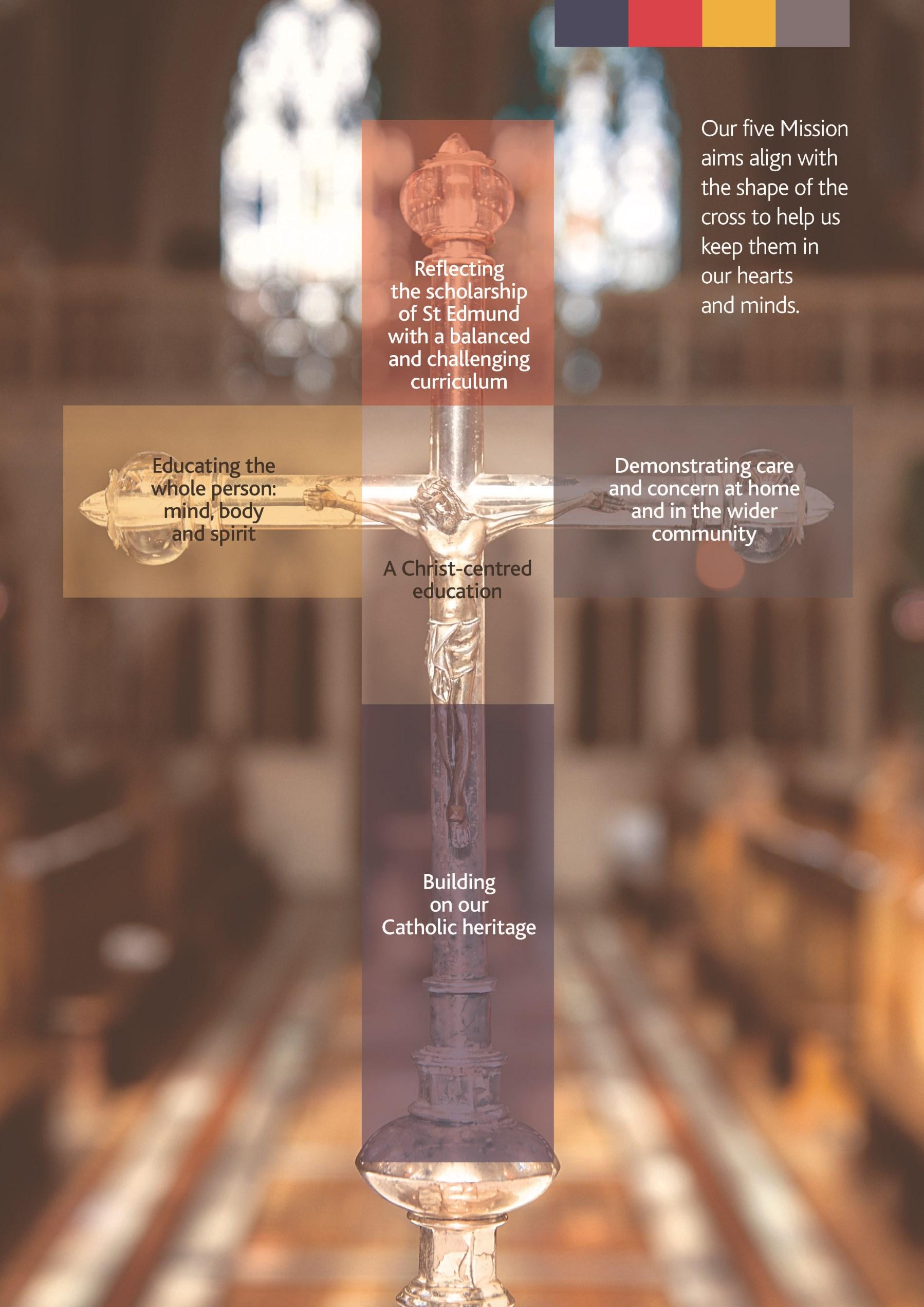InformationBooklet


“Look round our world; behold the chain of love Combining all below and all above.”
Alexander Pope Alumnus, St Edmund’s College.
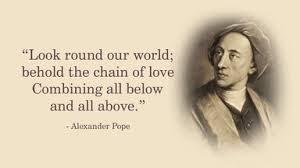

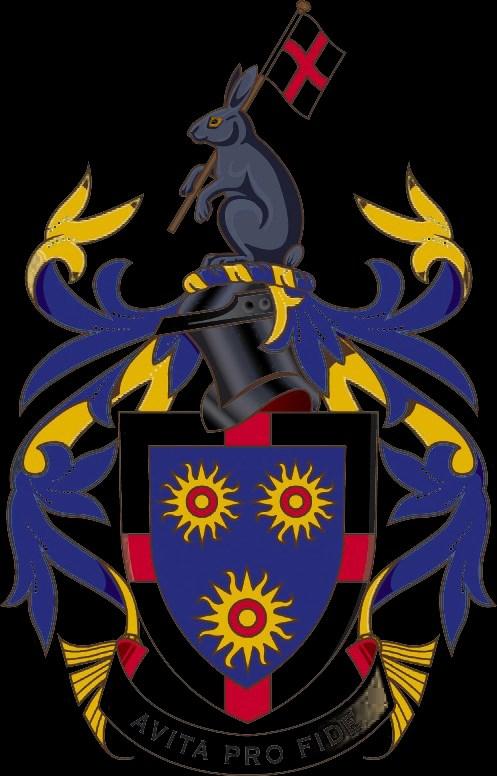
English Literature is one of the A Levels that is highly regarded by Universities precisely because of the fact that it is still deemed to be very challenging.
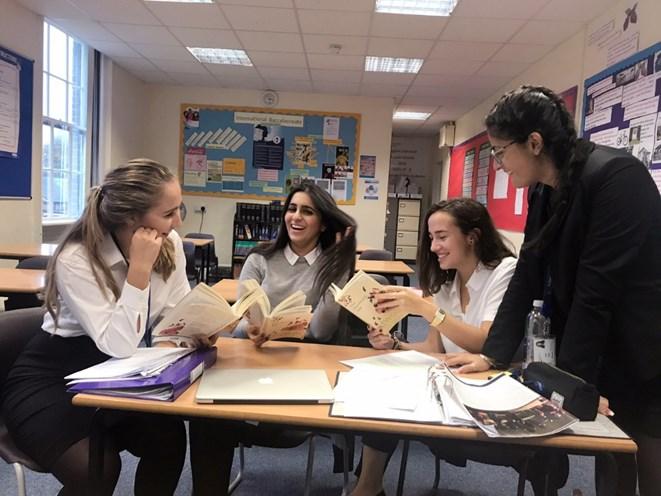
Course Requirements:
To secure a place on the A Level English Literature course, you must gain a ‘B’ grade or higher in both GCSE English Language and English Literature.
Outcomes of the course
• You will study texts from different centuries, including novels, plays and poetry.
• You will read texts independently and discuss them in class.
• You will write essays on these texts for coursework and examination purposes.

• You will develop your skills as sophisticated readers of a wide range of texts.
• You will hone your analytical and discussion skills in a supportive environment.
• You will develop an understanding of the author’s craft.
• You will gain an appreciation of the social, cultural and historical contexts in which texts were written.
Please find below a breakdown of the course. Further information can be found in the full specification which is available on the CIE Cambridge International AS & A Level Literature in English 9695 webpage. Assessment is completed in two stages: the AS examinations at the end of the first year and, in the second year, either two examinations or one examination plus coursework.
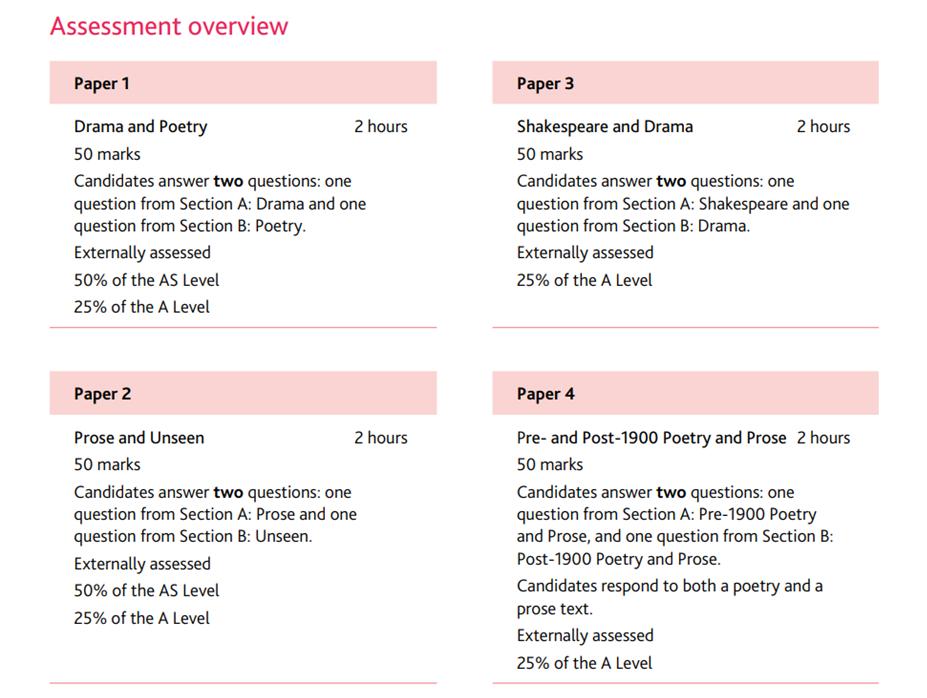
 Papers 1 and 2 will be examined during the first year and Papers 3 and 4 will be examined during the second year
Papers 1 and 2 will be examined during the first year and Papers 3 and 4 will be examined during the second year
in each of these components, students will be assessed on the following objectives:
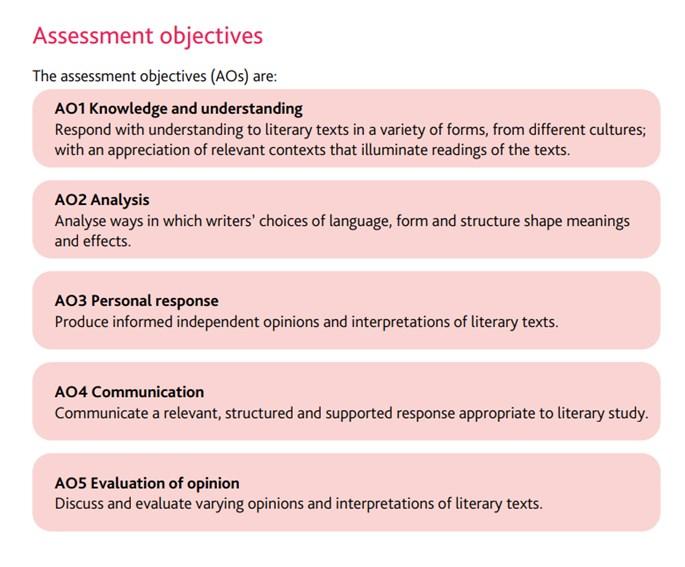

How are you assessed?
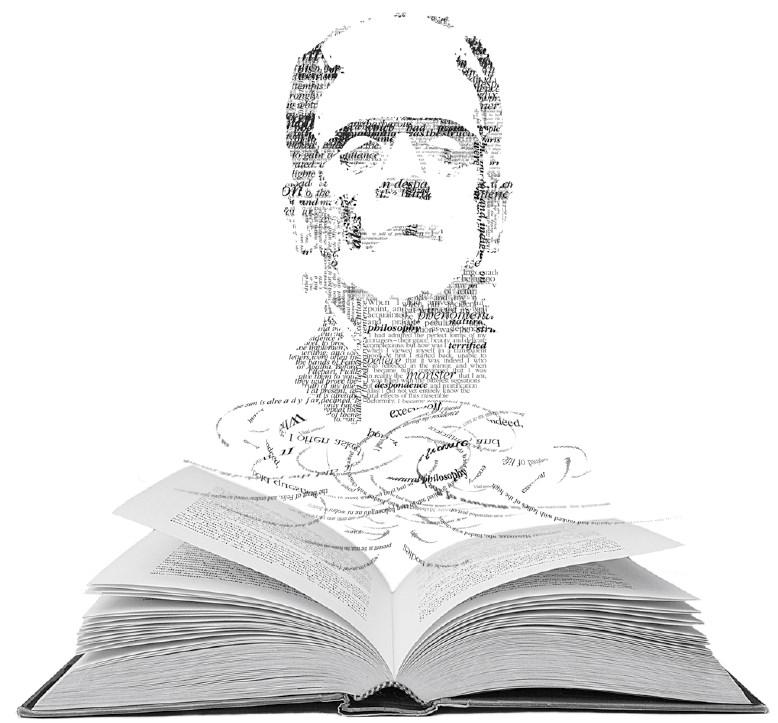
Across their time on the course, students will study a variety of genres and will need to be familiar with their historical, political and social contexts.
Overview
Below, are some examples of set texts on the syllabus; these change after a few years.
The class teacher will decide which of the set texts the students will study. Students will study some from each genre: poetry, prose, drama.
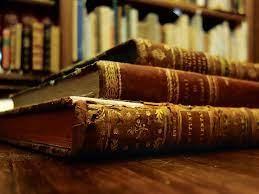
Prose


Ian McEwan
Atonement
Mark Twain The Adventures of Huckleberry Finn
Ngũgĩ wa Thiong’o Petals of Blood
Poetry
Robert Browning Selected Poems
Simon Armitage Sir Gawain and the Green Knight
Gillian Clarke Selected Poems
Drama
Tennessee Williams Cat on a Hot Tin Roof (ISBN 10: 0141190280)
William Shakespeare Measure for Measure
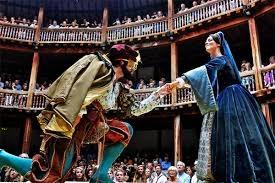
Wole Soyinka The Trials of Brother Jero and Jero’s Metamorphosis
Thomas Middleton and William Rowley The Changeling
To fully understand their set texts, students will be given the opportunity to explore the context and relevant ideology. This may require research into the historical context, such as Medieval times, the Renaissance or Victorian England.
The study of English Literature opens doors to an understanding of history, society, attitudes and how these have changed over time.
Students are encouraged to widen their understanding further by exploring the ideas of others, such as literary scholars A.C. Bradley and F.R. Leavis.
A useful resource is The Philip Allan A Level Review Magazine which is available online through the VLE Philip Allen Review Magazine Online Archive, no password required.
They also provide some free online extras with each magazine. Students will find a variety of useful resources: PowerPoint presentations, quizzes, revision posters, Podcasts!
https://vle.stedmundscollege.org/library/philip allan review magazines online archive http://vle.stedmundscollege.org/library/philip allan review magazines online archive/philip allan review magazine extra online resources

We also subscribe to Emagazine published by the English & Media Centre. https://vle.stedmundscollege.org/english/key stage 5
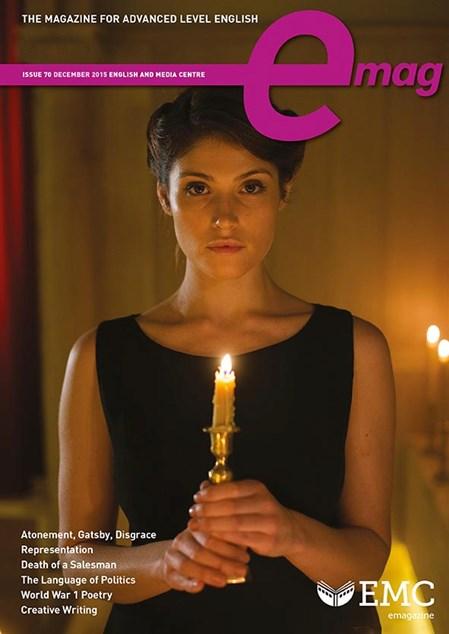
Ideology refers to the systems of beliefs and ideas that underpin our attitudes and behaviour.
Without a clear understanding of the context of the text, students cannot fully comprehend the views and values of the author, nor the overall meaning of a text.
The historical context is important to note especially when large changes have occurred between the time the work was produced, and the present day.
An Introduction to English Poetry a useful reference guide to poetic study. It discusses the effects of different structural devices as well as introducing the work of a wide range of poets.
Publisher: Penguin. Author: Fenton, J. ISBN: 9780141004396 Published: 2003
Exploring the Language of Poems, Plays and Prose the three major literary genres are covered with discussion of style and use of extracts to engage analytical and reflective approach to literary study.
Publisher: Routledge Author: Short, M. ISBN: 9780582291300 Published: 1997
Literary Criticism: A Graphic Guide an easy access guide to the function of Literature. A brief introduction to literary criticism.
Publisher: Icon Books Author: Holland, O and Piero ISBN: 9781848319042 Published: 2016
Sparknotes No Fear Shakespeare this site offers text guides on a wide number of texts. The Shakesphere section offers a line by line translation of various plays.

Website: nfs.sparknotes.com
The Art of Writing English Literature Essays: A Level and beyond can be read fully as a guide or dipped into as a reference text. It offers practical advice about how to establish a personal, critical voice and build a clear argument.
Publisher: Peripeteia Press Author: Meally, M and Bowen, N ISBN: 9780993077845 Published: 2015
The Penguin Dictionary of Literary Terms and Literary Theory comprehensive reference work that offers definitions of a wide range of key technical terms and critical theories such as romanticism.
Publisher: Penguin Author: Cuddon, J A and Habib, M A R ISBN: 9780141047157 Published: 2014
Tragedy: A reader’s guide to essential criticism for more able students of Literature. It offers a comprehensive introduction to tragedy in terms of criticism and debate.
Publisher: Palgrave Author Dewar Watson, S ISBN: 9780230392601 Published: 2014
This is not an exclusive list, students are encouraged to read widely to increase their understanding of their set texts.
.univers e .org.uk
This website contains comprehensive and interesting guidance about how best to read and discuss a ide range of texts, both individual and paired A brief but helpful history of English literature, from Middle English to the late 20th Century, is also included

sp rkno es co
This site has basic, but very useful notes on a huge range of commonly studied texts, with chapter synopses, character themes and motifs, essay ideas, and suggestions for further reading. It is a very useful site indeed
.biblioman c
Study notes on a very wide range of texts, with notes, suggested essay titles, and guidance on urher reading (you need to register to access the material, but at the time of access there to be no rge
novelguide co
The site contains detailed discussion of a wide range of novels old and new, with relevant background material

s cool co uk/ opi ndex sp subjec id d
Some quite basic, but very helpful and reassuring advice on how best to the study of e ure, notes on how to study poetry, and on a few individual ex s.
.sh kespe rehelp.co
A very detailed listing of resource material on his life, times and plays, particularly useful or learners.
englishbi co uk
A site geared towards learners, but it does contain good and practical advice on planning, organising and writing critical and other sorts of essays.
The following sites are designed for more advanced study, but are well worth a look, as heir material is full, detailed, and invariably in ere ing. p lgr ve co /skills4s udy/h l/index sp

This site is designed for university learners, but also helpful at A Level. Discusses a range of study skills, including how to structure and write good literature essays.
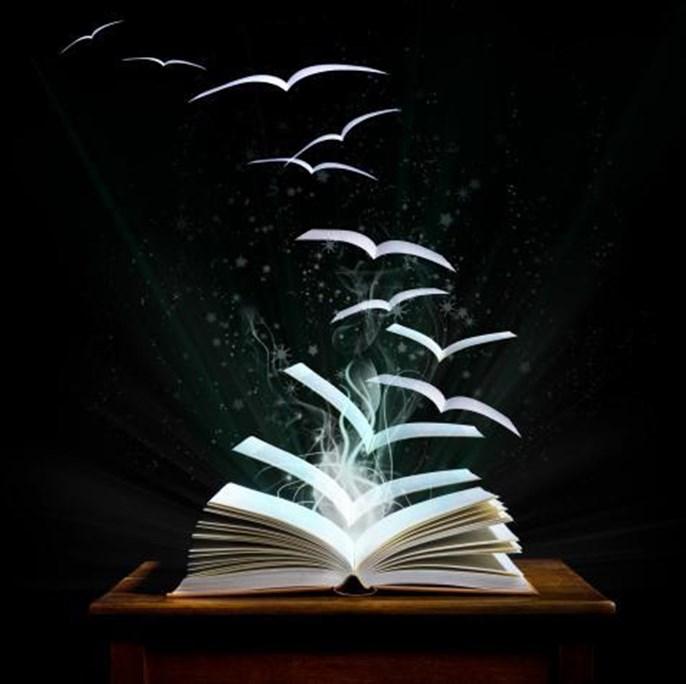
.li er ryhis ory.co
The material here is but useful and thought provoking. A wealth of resource material is offered on a huge range of writers, old and dern.
.vic ori n eb.org
This site contains very detailed and material mostly on writers from the 19 and very early 20th centuries. Well worth a visit if you are studying a text from this period
Many universities across the world now have podcast courses that are distributed through the unes university. Both the Open University and Oxford University have podcasts on Shakespeare and his times. Some sites provide free audio versions of classic texts. There are many films of texts that can be downloaded
•
Organisational skills: Use your folder effectively and keep it neat. Ensure that all of your classwork, prep work, handouts and resources are organised chronologically and by topic. You will thank yourself for doing this come revision time.
• Wider reading: Push yourself to read around your set texts. For example, if your set text is a dystopian novel, read others in that genre. Look for other poems by your set poet, or other plays by the playwright of your drama text.


• Extend your understanding of audience reaction: Look for reviews from the time when your text was first published or, in the case of a play, first performed.
• Research context: consider which historical events may have influenced the author. Be original in your response to literary texts. Try to avoid basic and obvious observations by thinking critically.
All teaching at St Edmund’s is rooted in Christ and is taught with regard to Catholic tradition with all departments expected to be faithful to our Mission. Sensitive cultural and social issues are discussed appropriately and we believe that the syllabus chosen provides a suitable vehicle for the introduction of this subject in a Catholic school and, whilst encouraging critical thinking, takes care to avoid bias.
